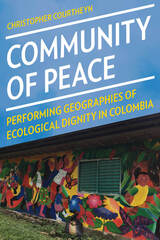
Achieving peace is often thought about in terms of military operations or state negotiations. Yet it also happens at the grassroots level, where communities envision and create peace on their own. The San José de Apartadó Peace Community of small-scale farmers has not waited for a top-down peace treaty. Instead, they have actively resisted forced displacement and co-optation by guerrillas, army soldiers, and paramilitaries for two decades in Colombia’s war-torn Urabá region. Based on ethnographic action research over a twelve-year period, Christopher Courtheyn illuminates the community’s understandings of peace and territorial practices against ongoing assassinations and displacement. San José’s peace through autonomy reflects an alternative to traditional modes of politics practiced through electoral representation and armed struggle. Courtheyn explores the meaning of peace and territory, while also interrogating the role of race in Colombia’s war and the relationship between memory and peace. Amid the widespread violence of today’s global crisis, Community of Peace illustrates San José’s rupture from the logics of colonialism and capitalism through the construction of political solidarity and communal peace.
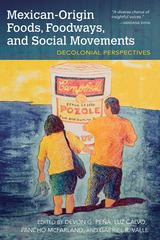
This collection of new essays offers groundbreaking perspectives on the ways that food and foodways serve as an element of decolonization in Mexican-origin communities.
The writers here take us from multigenerational acequia farmers, who trace their ancestry to Indigenous families in place well before the Oñate Entrada of 1598, to tomorrow’s transborder travelers who will be negotiating entry into the United States. Throughout, we witness the shifting mosaic of Mexican-origin foods and foodways in the fields, gardens, and kitchen tables from Chiapas to Alaska.
Global food systems are also considered from a critical agroecological perspective, including the ways colonialism affects native biocultural diversity, ecosystem resilience, and equality across species, human groups, and generations.
Mexican-Origin Foods, Foodways, and Social Movements is a major contribution to the understanding of the ways that Mexican-origin peoples have resisted and transformed food systems. It will animate scholarship on global food studies for years to come.
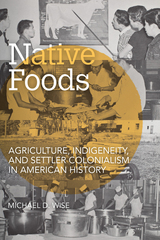
Combining original historical research with interdisciplinary perspectives and informed by the work of Indigenous food sovereignty advocates and activists, this study sheds new light on the historical roles of Native American cuisine in American history and the significance of ongoing colonial processes in present-day discussions about the place of Native foods and Native history in our evolving worlds of taste, justice, and politics.
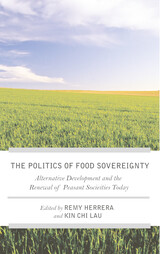
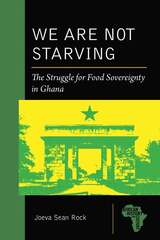
READERS
Browse our collection.
PUBLISHERS
See BiblioVault's publisher services.
STUDENT SERVICES
Files for college accessibility offices.
UChicago Accessibility Resources
home | accessibility | search | about | contact us
BiblioVault ® 2001 - 2024
The University of Chicago Press









